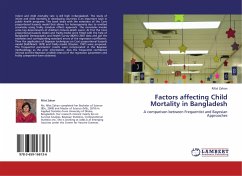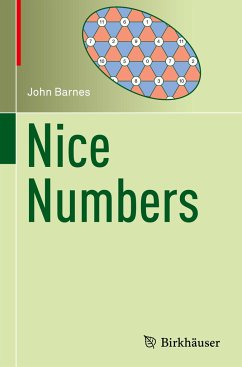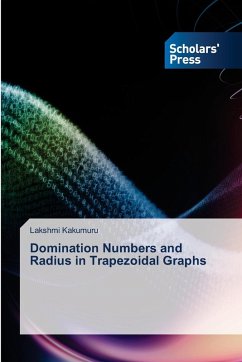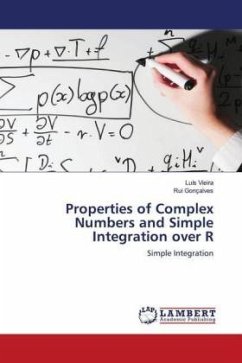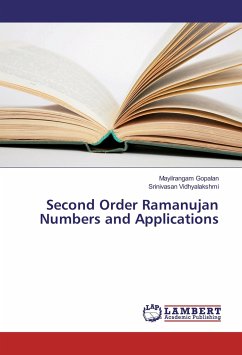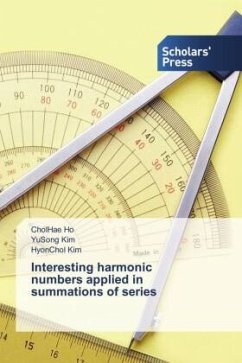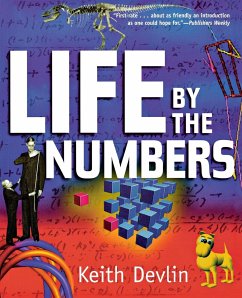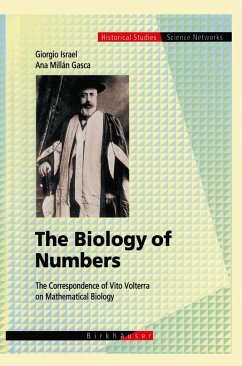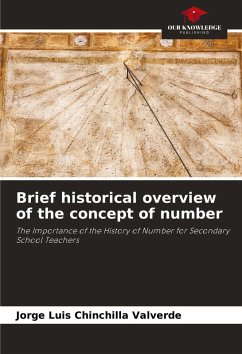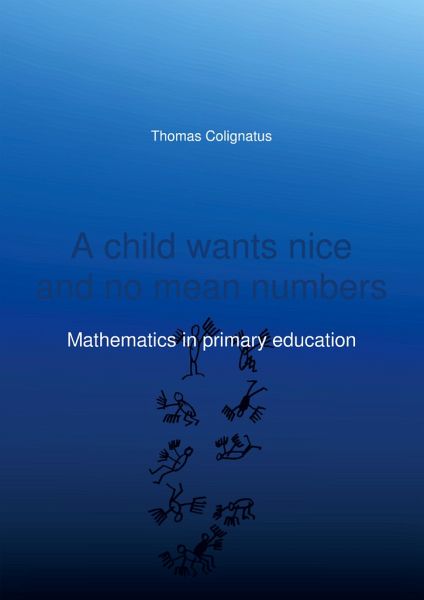
A child wants nice and no mean numbers
Mathematics in primary education
Versandkostenfrei!
Versandfertig in 6-10 Tagen
17,95 €
inkl. MwSt.

PAYBACK Punkte
0 °P sammeln!
Mathematics education is a mess. In primary education the development in arithmetic, geometry and other math topics is greatly hindered.Mathematicians are trained for abstraction while education is an empirical issue. When mathematicians meet in class with real live pupils then they solve their cognitive dissonance by holding on to tradition. But tradition and its study materials have not been designed for empirical didactics. Pupils suffer the consequences.The West reads from left to right but the numbers come from India where one reads from right to left. In English 14 is pronounced as fourt...
Mathematics education is a mess. In primary education the development in arithmetic, geometry and other math topics is greatly hindered.Mathematicians are trained for abstraction while education is an empirical issue. When mathematicians meet in class with real live pupils then they solve their cognitive dissonance by holding on to tradition. But tradition and its study materials have not been designed for empirical didactics. Pupils suffer the consequences.The West reads from left to right but the numbers come from India where one reads from right to left. In English 14 is pronounced as fourteen but it should rather be ten & four. 21 is pronounced in proper order as twenty-one, but is better pronounced as two·ten & one, so that the decimal positional system or place value system is supported by pronunciation too.This is just one example of a long list. An advice is to re-engineer mathematics education for all age-groups. This book looks at primary education. Parliaments around the world are each advised to have their own parliamentary enquiry to investigate the issue and make funds available for change.The author is an econometrician and teacher of mathematics.



